- Fashion Courses
- Design Courses
- Art Courses
- Beauty Courses
- Courses for Professionals
- Luxury Hospitality Courses
- Short Courses
- Schools
- Admission
- Maze35 Magazine
- Newsroom
- I'M Alumni
- Careers & Industry Relations
- University Partnerships
- Get in touch

Fashion Buying & Merchandising
Participants who successfully complete this programme will be awarded with a Master Degree. Recognised by MUR (Italian Ministry of University and Research) participants will obtain 60 CFA (crediti formativi accademici) equivalent to 60 ECTS credits.
These full time postgraduate level courses are highly specialised programmes that support participants’ careers the fashion, luxury and creative industries. They are designed for those who have already acquired specific skills in the appropriate area at undergraduate level, or for industry professionals who wish to deepen their knowledge of a specific subject area in fashion.
Learn how to put together a successful collection range – from the design showroom to the store; the fashion buyer decides what will be on sale next season. They plan the purchasing of seasonal items, identify upcoming trends and choose the right product and brand mix. Fashion buyers are the main drivers in the global fashion retail industry, a pivotal area and influential role in any successful fashion business. At postgraduate level participants will have previous undergraduate level studies in economics, marketing, fashion design with marketing or similar, or proven work experience completing the course with highly specialised skills in fashion buying.
Providing current and future business models, encapsulating innovation, new media and technology in the global buying process, this course in Milan covers contemporary issues in product selection and purchasing methods. Buyers need to be business-minded with strong analytical skills and the ability to negotiate and work alongside many departments including marketing and sales, ensuring new collections and items are commercially viable either in store, or via online retailing and e-commerce platforms. Participants learn the technical and theoretical aspects of a buying campaign analysing different retail formats and key macro trends leading towards a research-based dissertation.
By studying the organisation of the buying team and undertaking a fashion industry placement, they fully understand the role and responsibility of buyers and merchandisers in the global market. Key buying processes include stock mix and import-export techniques as well as pricing strategies and the ability to forecast the profitability of a fashion product. Participants analyse the buying calendar and correctly plan the purchase of a seasonal collection using a balanced combination of products and brands responding to current trends and influences. By understanding how the consumer perceives a collection they are able to put together an appealing, desirable and winning fashion collection. The relationship of visual merchandising and sales, negotiation techniques, and soft skills in communication, decision making, time management, leadership, and team working enable participants to successfully perform on real commercial projects developing effective buying strategies for a benchmark company. Participants apply the experience acquired on industry projects to prepare their own professional buying strategy for business, as well as potential industry start-ups.
- Fashion Buying Management
- Trend Forecasting
- Finance for fashion Buying
- Digital Technologies for Fashion Buying
- Product Development and Innovation
- Supply Chain Management
- Advanced Fashion Retailing
- Research Methods
- Fashion buyer
- Fashion merchandiser and e-merchandiser
- Visual merchandiser
- Product manager
- Crm strategist
- Operations & retail manager
- Fashion buyer
- Fashion merchandiser and e-merchandiser
- Visual merchandiser
- Product manager
- Crm strategist
- Operations & retail manager
Participants who successfully complete this programme will be awarded with a Master Degree. Recognised by MUR (Italian Ministry of University and Research) participants will obtain 60 CFA (crediti formativi accademici) equivalent to 60 ECTS credits.
The Master Course in Fashion Buying and Merchandising recognized by the MUR (Ministero per l'Università e la Ricerca) is designed to provide aspiring professionals with the skills and knowledge they need to become key players in the fashion system by combining creativity and commercialism, influencing trends and driving the success of fashion brands worldwide.
-Analysis of a luxury brand, development of a new collection proposal and merchandise plan for new retail spaces.
-Development of buying, pricing and promotion strategies for new products to be presented in the market and to engage the current consumer.
-Create and develop the order of product collections for different types of phygital retail in the world.
Thanks to the location and cultural richness, studying Fashion Buying and Merchandising in Istituto Marangoni Firenze can enhance your experience and career trajectory due to the vibrant fashion scene, anchored by Pitti Immagine trade fairs, and the proximity to renowed production centers.
Thanks to Istituto Marangoni’s strong connections with leading industry players, students gain the opportunity to work on high-impact projects that foster their professional growth. Collaborations span an impressive roster of international brands, including Balenciaga, Balmain, Giorgio Armani, Maison Margiela, Salvatore Ferragamo, Tod’s, Vogue, Fendi, Dior, and Louis Vuitton.
In the fast-paced world of fashion, success hinges on the ability to anticipate trends, decode consumer desires, and ensure the right products reach the market at the perfect moment.
Istituto Marangoni Firenze’s Master in Fashion Buying and Merchandising equips aspiring professionals with the strategic expertise and industry insight needed to thrive in these influential roles.
Participants will learn the entire global buying process, including stock mix and import-export techniques as well as pricing strategies and the ability to forecast the profitability of a luxury product.
LEARNING OUTCOMES
At the end of the program, you will be able to:
- Develop a thorough understanding of the fashion buying cycle, from trend forecasting to product selection
- Analyze the market trends and consumer behavior to make informed buying decisions
- Create and implement effective merchandising strategies to maximize sales and profitability
- Manage inventory and supply chains to ensure optimal stock levels and product availability
- Utilize data and analytics to drive merchandising decisions and improve business performance
- Understand the financial aspects of buying and merchandising, including budgeting and pricing strategies
- Build strong relationships with suppliers, designers, and other stakeholders in the fashion industry
There are several career roles which can be pursued after the completion of this Master course, such as Fashion Buyer, Visual Merchandiser, Trend Analyst or supply chain manager.
Fashion Buyer: selecting and purchasing fashion products for retail stores
Merchandising Manager: overseeing product assortment and inventory management
Trend Analyst: forecasting fashion trends and consumer preferences
Retail Planner: planning and optimizing product placement and sales strategies
Supply Chain Manager: managing the logistics and flow of products from suppliers to stores. Monitoring stock levels and ensuring product availability
Visual Merchandiser: designing store layouts and window displays to attract customers and create multisensory customer experiences
Product Developer: creating new fashion products based on market trends and demand
Fashion Buyer: selecting and purchasing fashion products for retail stores
Merchandising Manager: overseeing product assortment and inventory management
Trend Analyst: forecasting fashion trends and consumer preferences
Retail Planner: planning and optimizing product placement and sales strategies
Supply Chain Manager: managing the logistics and flow of products from suppliers to stores. Monitoring stock levels and ensuring product availability
Visual Merchandiser: designing store layouts and window displays to attract customers and create multisensory customer experiences
Product Developer: creating new fashion products based on market trends and demand
Participants who successfully complete the Fashion Buying & Merchandising course taught in Paris will receive the corresponding 'RNCP' title of: “Manager de la performance achats” , recognised by the French State by decision of France Compétences (French Ministry of Labour) of 10-11-2021. As recognised vocational training, level 7 RNCP corresponds to the competences of a Master's degree.
Validated by Regent’s University London
For further information click here
These full time postgraduate level courses are highly specialised programmes that support participants’ careers the fashion, luxury and creative industries. They are designed for those who have already acquired specific skills in the appropriate area at undergraduate level, or for industry professionals who wish to deepen their knowledge of a specific subject area in fashion.
The Master Course in Fashion Buying and Merchandising recognized by the MUR (Ministero per l'Università e la Ricerca) is designed to provide aspiring professionals with the skills and knowledge they need to become key players in the fashion system by combining creativity and commercialism, influencing trends and driving the success of fashion brands worldwide.
Participants will learn the entire global buying process, including stock mix and import-export techniques as well as pricing strategies and the ability to forecast the profitability of a luxury product.
Providing current and future business models, encapsulating innovation, new media and technology in the global buying process, this 9 months course in Milan or Florence School or 15 months course (including placement) in Paris or London school covers contemporary issues in product selection and purchasing methods. Buyers need to be business-minded with strong analytical skills and the ability to negotiate and work alongside many departments including marketing and sales, ensuring new collections and items are commercially viable either in store, or via online retailing and e-commerce platforms. Participants learn the technical and theoretical aspects of a buying campaign analysing different retail formats and key macro trends leading towards a research-based dissertation. By studying the organisation of the buying team and undertaking a fashion industry placement, they fully understand the role and responsibility of buyers and merchandisers in the global market.
Key buying processes include stock mix and import-export techniques as well as pricing strategies and the ability to forecast the profitability of a fashion product. Participants analyse the buying calendar and correctly plan the purchase of a seasonal collection using a balanced combination of products and brands responding to current trends and influences. By understanding how the consumer perceives a collection they are able to put together an appealing, desirable and winning fashion collection. The relationship of visual merchandising and sales, negotiation techniques, and soft skills in communication, decision making, time management, leadership, and team working enable participants to successfully perform on real commercial projects developing effective buying strategies for a benchmark company. Participants apply the experience acquired on industry projects to prepare their own professional buying strategy for business, as well as potential industry start-ups.
- Fashion Buying Management
- Trend Forecasting
- Finance for fashion Buying
- Digital Technologies for Fashion Buying
- Big Data, Analytics and Digital Disruption
- Product Development and Innovation
- Supply Chain Management
- Advanced Fashion Retailing
- Corporate Social Responsibility
- Research Methods
- Fashion buyer
- Visual merchandiser
- Product manager
- Brand manager
- Crm strategist
- Logistics & retail manager
- Fashion buyer
- Visual merchandiser
- Product manager
- Brand manager
- Crm strategist
- Logistics & retail manager
Validated by Regent’s University London
For further information click here
These full time postgraduate level courses are highly specialised programmes that support participants’ careers the fashion, luxury and creative industries. They are designed for those who have already acquired specific skills in the appropriate area at undergraduate level, or for industry professionals who wish to deepen their knowledge of a specific subject area in fashion.
This programme is for applicants who have previous undergraduate level study or proven work experience. Students complete the programme with buying and merchandising skills for various positions within the fashion buying, merchandising and luxury business industry fully realising through both academic study and professional placement and projects the role and responsibility of buyers and merchandisers in the global marketplace.
The programme exposes you to the fast paced environment buyers need in order to be business-minded alongside strong analytical and negotiation skills working with suppliers and various departments including marketing and sales. This ensures new collections and teams are commercially viable either in store, or via online retailing and e-commerce platforms. You will learn the technical and theoretical aspects of a buying campaign, analysing different retail formats and key micro and macro trends alongside the buying processes include stock mix, import-export techniques as well as pricing strategies and the ability to forecast the profitability of a fashion product. You will analyse the buying calendar and get the opportunity to correctly plan the purchase of a seasonal collection using a balanced combination of products and brands responding to current trends and influences.
With the advancement of fashion retail and using digital technology including AI and data strategies buyers more than ever require more understanding of how consumers perceive a collection. We will provide you with the knowledge and understanding of how to put together an appealing, desirable and winning fashion collection. You get to explore further the relationship of visual merchandising and sales, negotiation techniques, and soft skills in communication, decision making, time management, leadership, and team working all of which enable you to apply the experience acquired on live industry projects to prepare for your own professional buying strategy for business, as well as potential industry start-ups.
- Buying Management in the retail environment
- Forecasting in Fashion Buying and Merchandising
- Product Development and Supply Chain Management – Fibres and Fabrics, Innovation and tech
- Fashion Merchandising and Finance for Range Planning and Merchandising
- Data Strategies and Future Retail Ventures
- Enterprise and Innovation
TERM 1
Buying Management, Luxury, Fashion & Culture.
TERM 2
Product Development and Supply Chain Management, Fashion Merchandising.
TERM 2 & 3
Research Methods.
TERM 3
Fashion Retailing and Data Strategies, Enterprise and Innovation.
TERM 4
Professional Development.
TERM 5
Dissertation / Final Major Project.
- Setting up or transforming their own business
- Fashion Buyer
- Merchandiser
- Visual merchandiser
- Product Development – Manager
- CRM specialist
- Logistics and retail management
- E-commerce online Fashion Buyer
- Category Manager
- E-commerce category merchandiser
- Supply Chain Managers
- Wholesale Manager
We encourage students through creative innovation, enterprise and professional development to explore their own vision and professional preparation for various roles in the fashion industry which foster innovation, entrepreneurial thinking and problem solving.
- Setting up or transforming their own business
- Fashion Buyer
- Merchandiser
- Visual merchandiser
- Product Development – Manager
- CRM specialist
- Logistics and retail management
- E-commerce online Fashion Buyer
- Category Manager
- E-commerce category merchandiser
- Supply Chain Managers
- Wholesale Manager
We encourage students through creative innovation, enterprise and professional development to explore their own vision and professional preparation for various roles in the fashion industry which foster innovation, entrepreneurial thinking and problem solving.
.jpg)




.jpg)

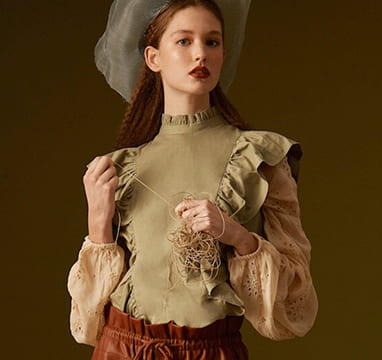

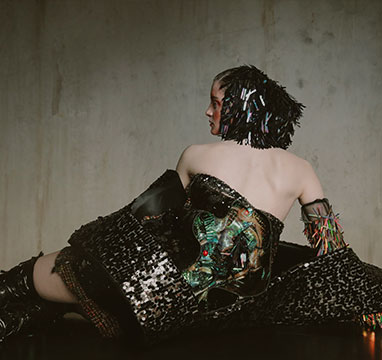
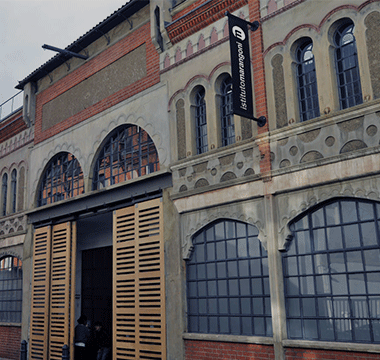

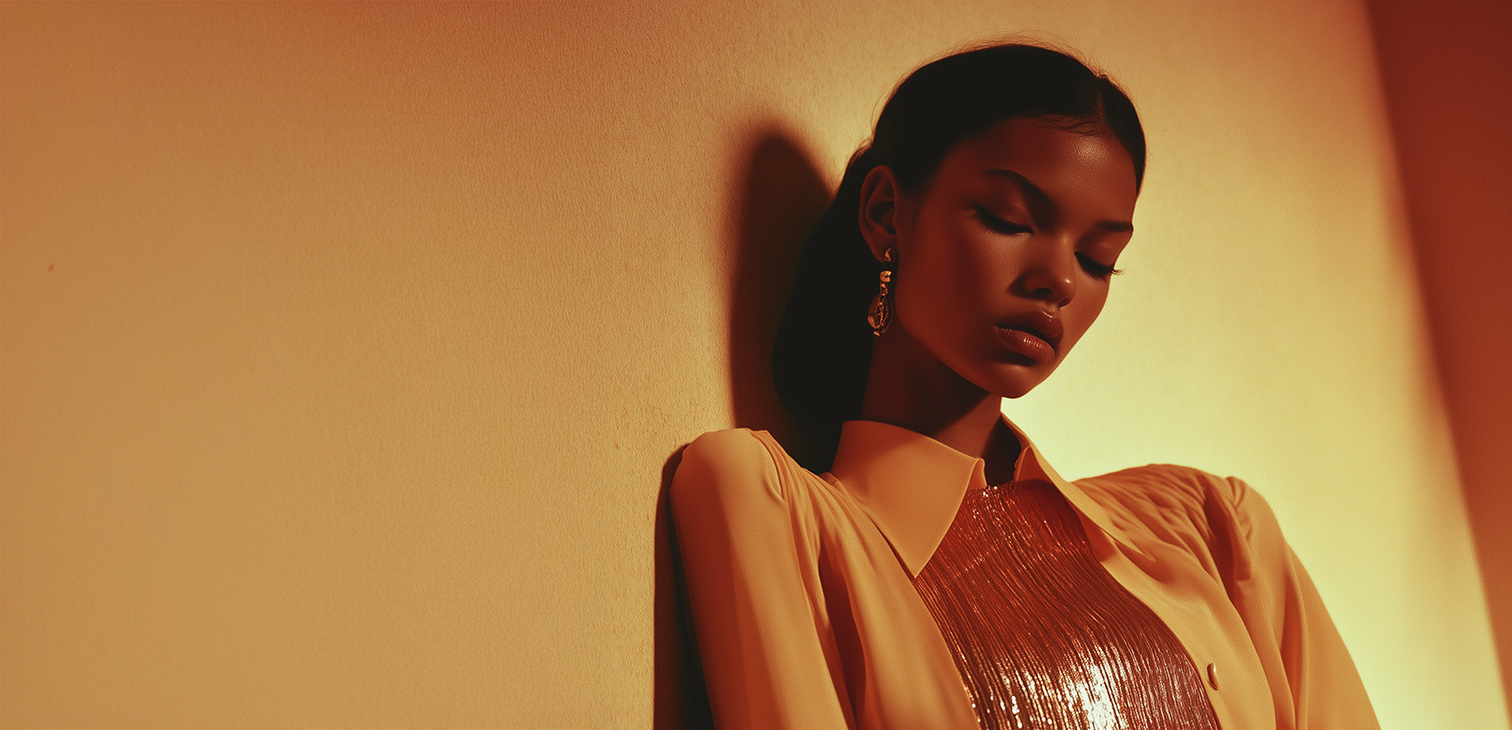
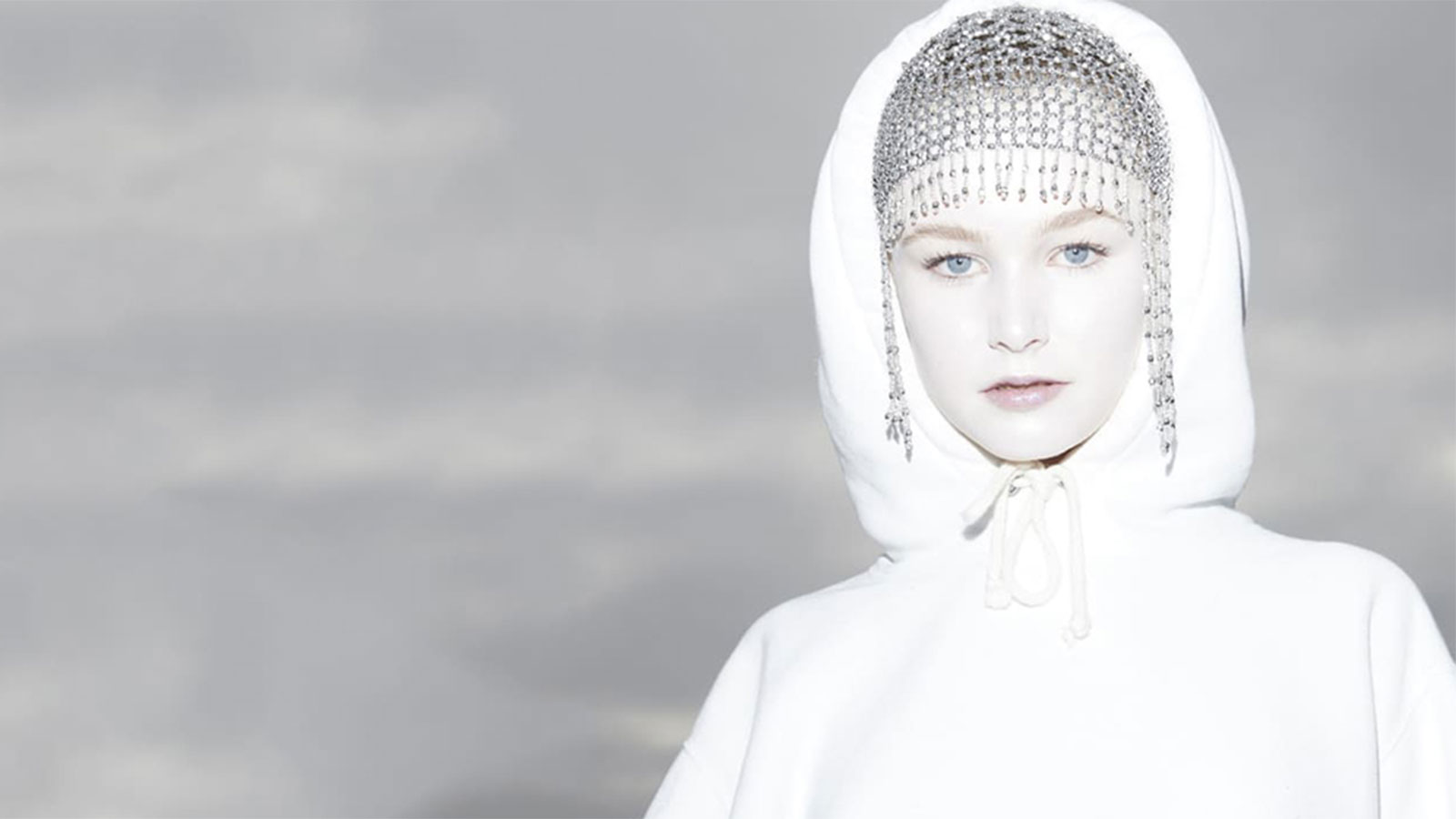
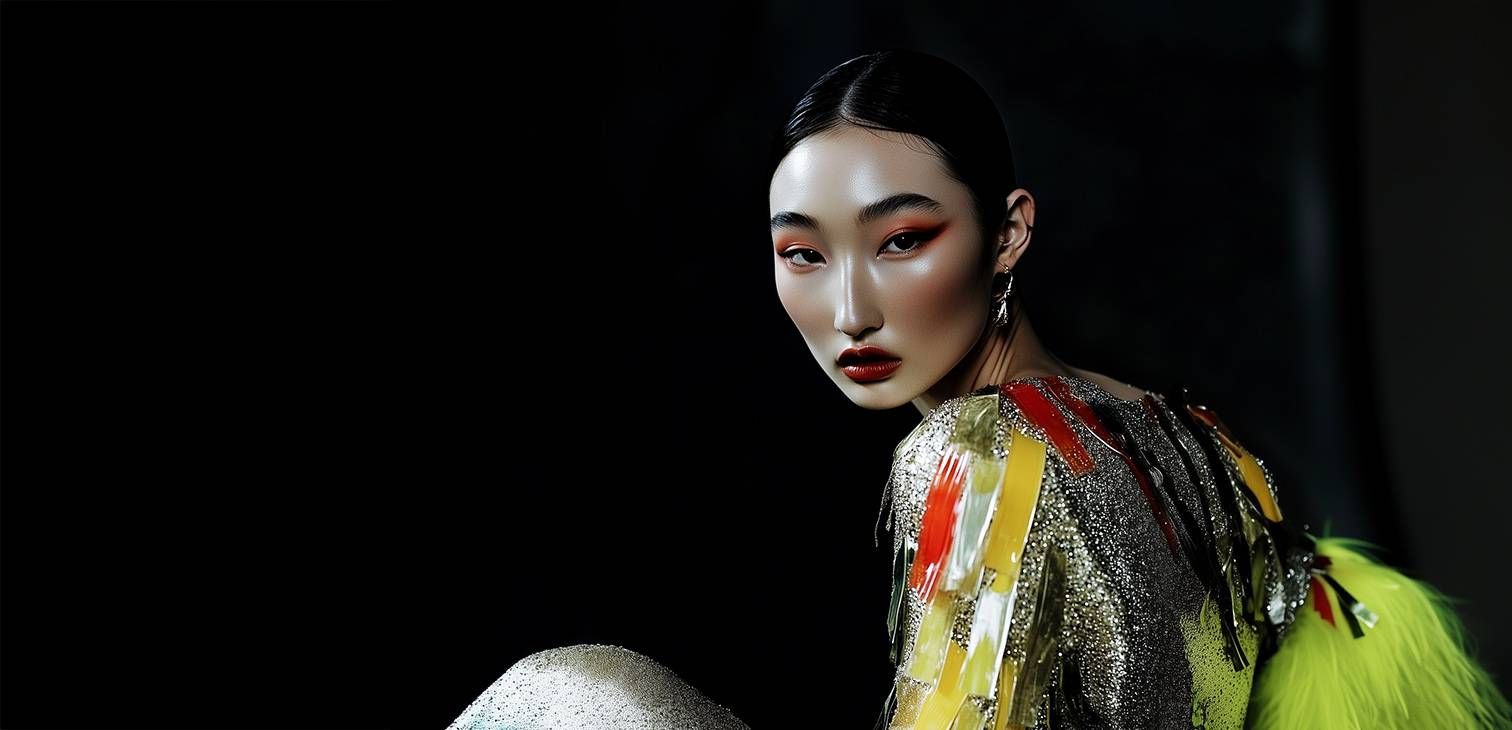

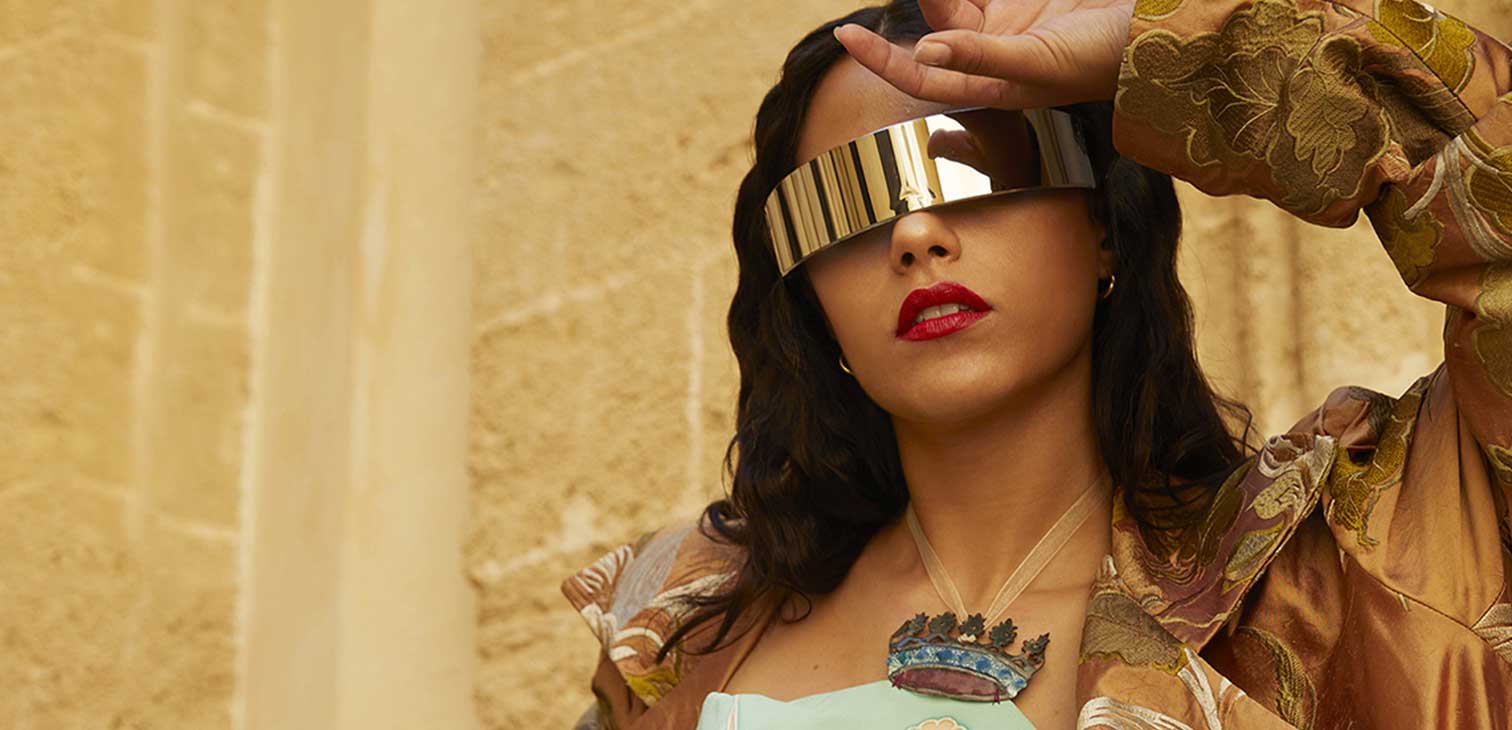
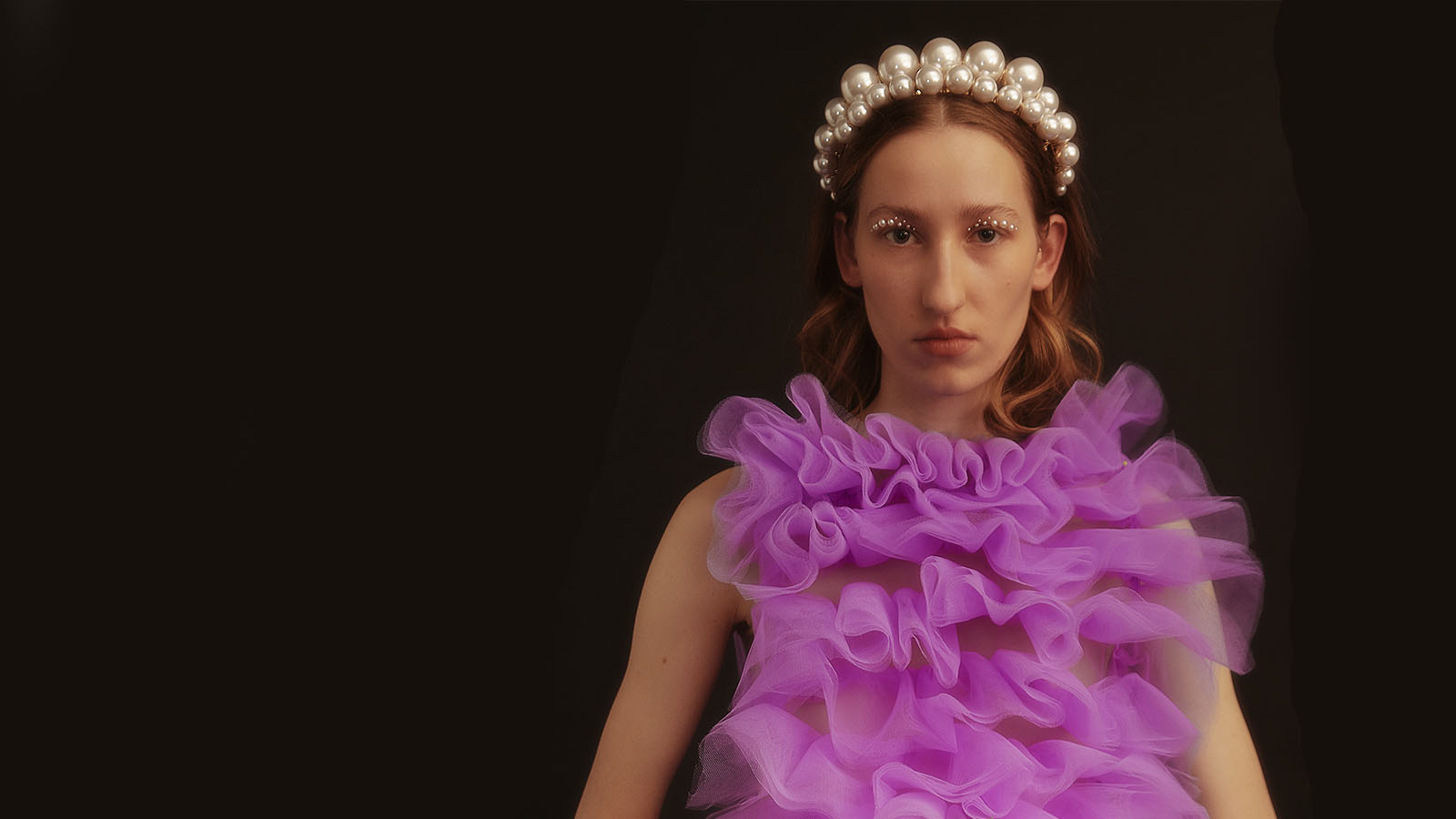
.jpg)
